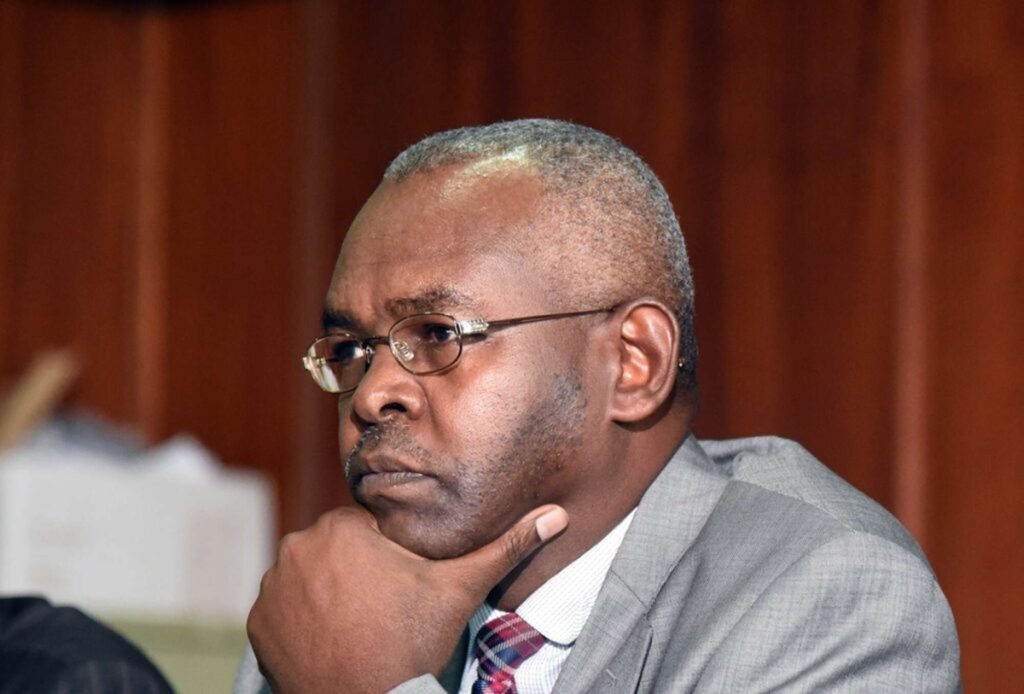Kenya’s Central Bank has reduced its primary interest rate for the first time in four years. The decision follows declining inflationary pressures and the government’s challenges in generating revenue and managing its public debt following violent protests against tax increases.
The Central Bank’s Monetary Policy Committee (MPC) decreased the primary interest rate by a quarter percentage point to 12.75%.
“The MPC noted that its previous measures have lowered overall inflation to below the mid-point of the target range, stabilized the exchange rate, and anchored inflationary expectations,” the bank’s governor and chairman of the MPC, Kamau Thugge, said in a statement.

The country’s overall inflation rate dropped to 4.3% in July from 4.6% in June.
“The MPC concluded that there was scope for a gradual easing of the monetary policy stance while ensuring continued exchange rate stability,” it added.
The rate reduction is occurring as Kenyan President William Ruto aims to alleviate the most severe crisis of his nearly two-year presidency, during which demonstrations erupted in June due to protests against tax increases.
He removed unpopular tax hikes initially introduced during a period of financial hardship to reduce the country’s public debt, which, according to treasury records, currently stands at $78 billion.
In late July, Kenya’s Court of Appeal voided the contentious tax increases implemented in 2023 due to procedural issues.
In July, Ruto dismissed the majority of his cabinet and has been actively working to establish a national unity government.


